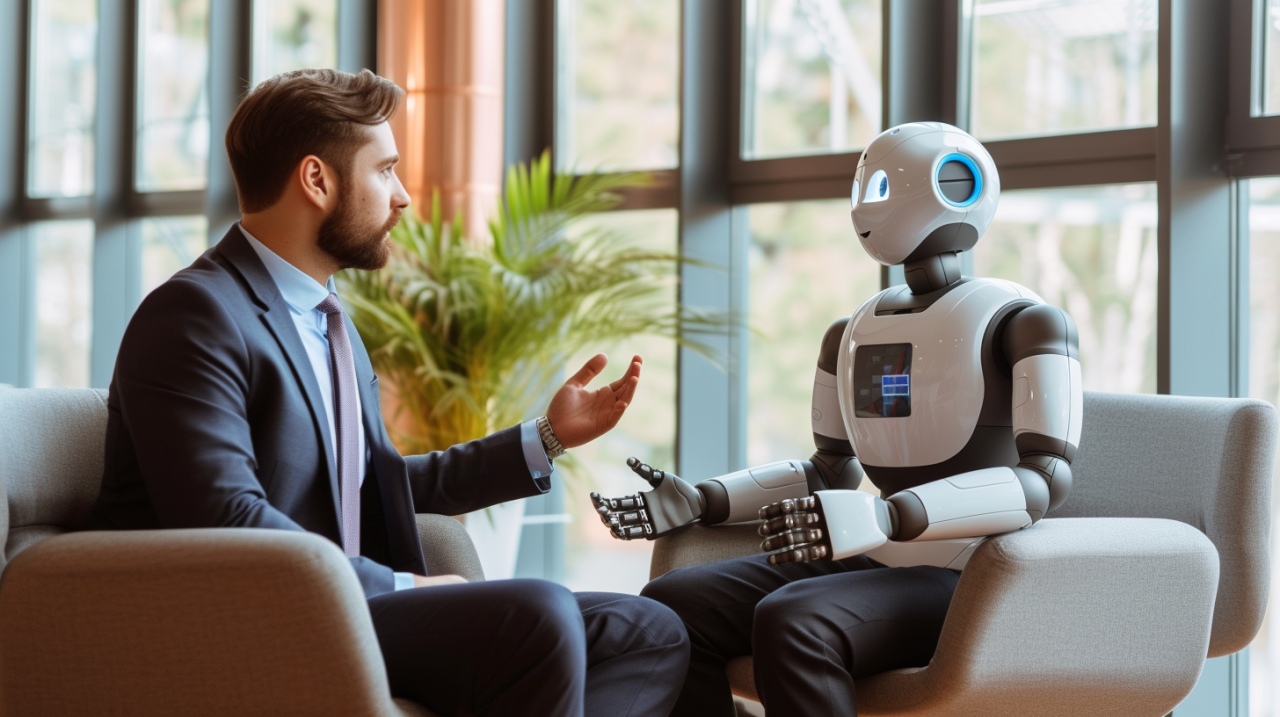The boardroom is evolving. Where once executives prepared to meet bright young analysts or seasoned managers in an interview, they may now find themselves sitting across from an algorithm. Artificial Intelligence has not only entered the conversation around work—it has become a candidate in its own right. The quiet infiltration of AI into human capital is no longer science fiction; it is today’s reality, with profound consequences for how companies hire, manage, and grow.
Human Resources, the heart of organizational life, has been the earliest to feel the impact. From recruitment to employee engagement, AI is now screening résumés, assessing candidates, and even predicting which employees are most likely to thrive—or exit. What was once the role of intuition and interviews is increasingly being reimagined by systems capable of processing millions of data points in seconds. For many firms, the efficiency is irresistible: bias is reduced, timelines shortened, and costs slashed.
The disruption does not stop at administration. In some sectors, AI tools themselves are being interviewed—evaluated for their ability to fulfill roles once reserved for humans. From legal research and financial analysis to creative copywriting and medical diagnostics, companies are asking: Can an algorithm perform this better, faster, or more consistently than a person? The provocative answer, more often than not, is yes. The “AI hire” is no longer a novelty; it is becoming a strategic appointment.
This shift challenges the very definition of work. Employees now compete not only with peers, but with machine intelligence capable of scaling output without fatigue. HR executives, traditionally focused on human potential, must now act as curators of human–machine collaboration, balancing efficiency with empathy, and automation with dignity. The organizations that thrive will be those that blend AI’s precision with human creativity, intuition, and leadership.
For visionary companies, AI adoption is not simply about replacing roles but elevating them. By automating repetitive tasks—whether in payroll, compliance, or performance management—AI frees leaders and employees alike to focus on strategy, culture, and innovation. Time, after all, is the ultimate luxury, and AI gives it back to organizations in abundance.
Yet, the embrace of AI in hiring and staffing is not without peril. Concerns over transparency, accountability, and fairness loom large. Can an algorithm truly eliminate bias—or does it simply mask it under layers of code? Who is accountable when an AI-driven decision harms a career or reputation? In the court of public opinion, firms must tread carefully, ensuring that technological efficiency does not erode trust.
In this new landscape, your next interview might not just be with a candidate or an executive, but with a sophisticated AI tool being evaluated for integration into your workforce. The question for leaders is not whether AI will transform HR and talent management, but how quickly and to what extent. For those building legacies, the imperative is clear: embrace intelligence, both human and artificial, and craft organizations that reflect not only efficiency but also vision, resilience, and humanity.
